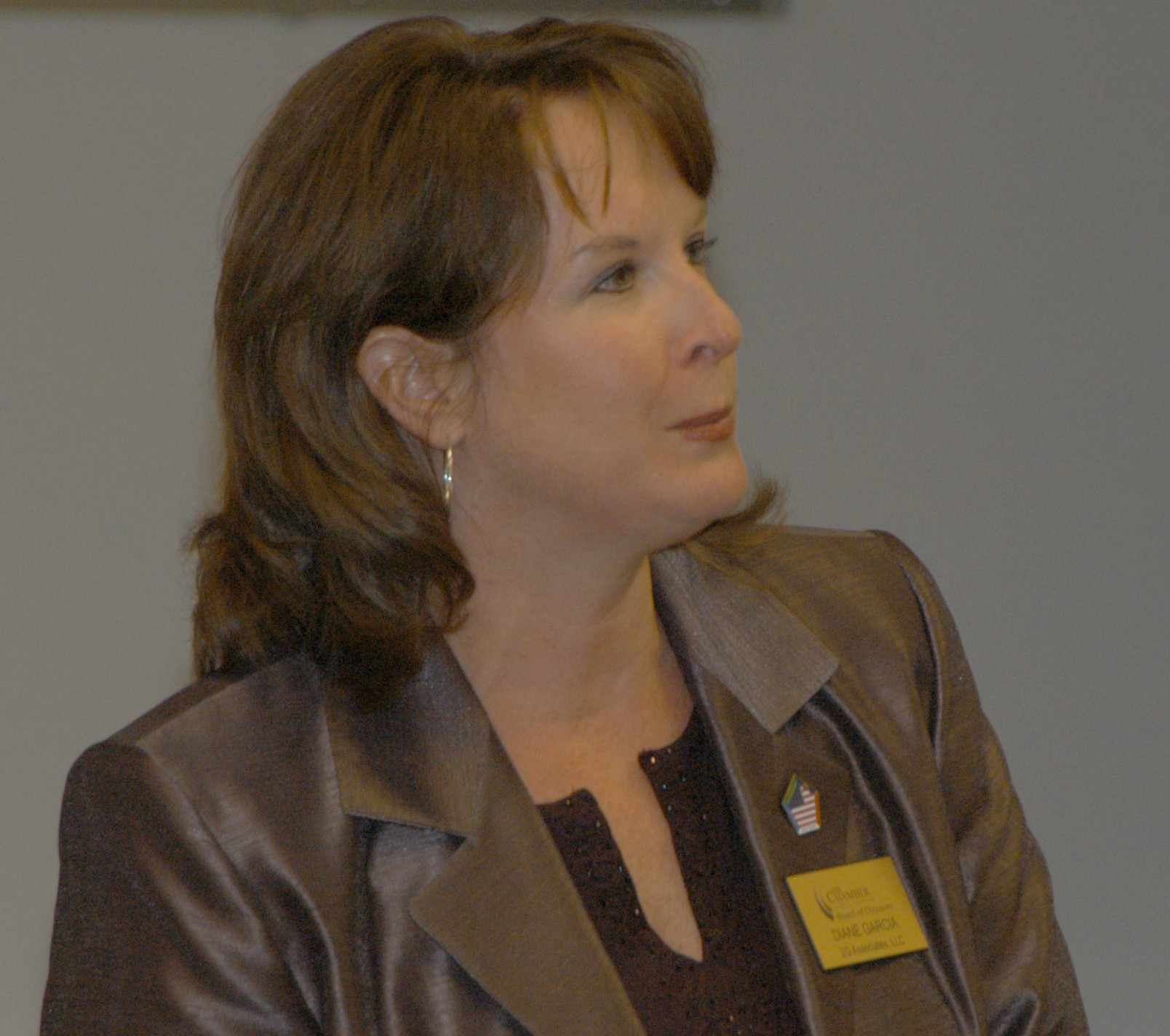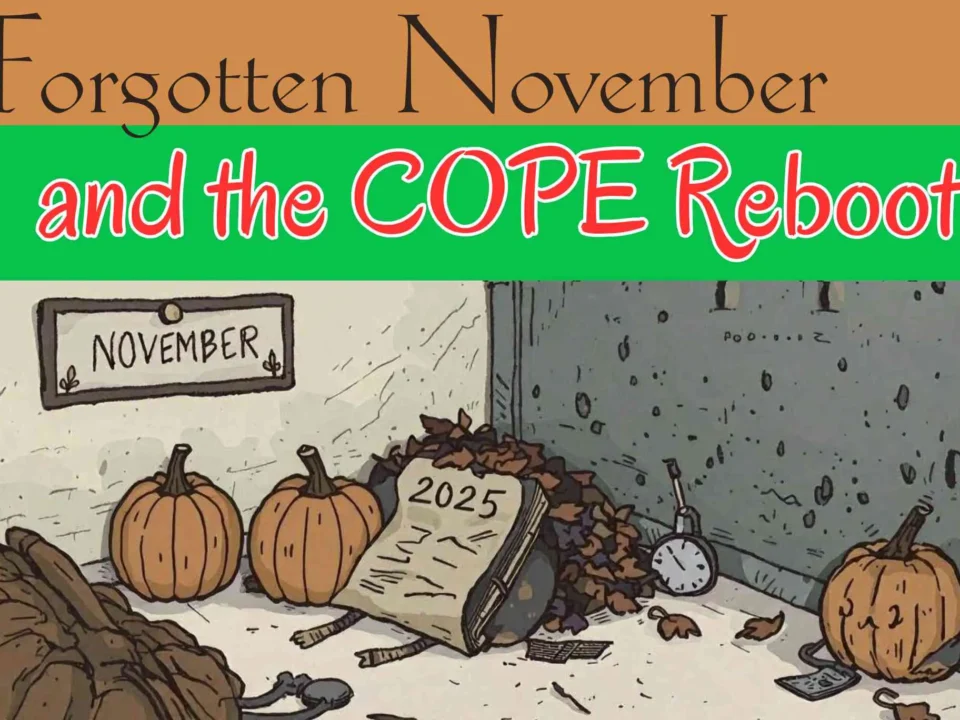
Re-defining Mental Health
February 28, 2018
For Genene.
May 5, 2018Do you prefer to listen to the blog? You can do that here!
Thirteen years ago this month, my divorce was finalized and I turned the page to a new life chapter. I was single, about to turn 40 and convinced I was as wise as I was ever going to get.
In hindsight, I was naïve and lonely.
To help me get out of my post-divorce stupor, I decided to invest some of my divorce proceeds in several local wanna-be entrepreneurs’ business ideas. Some of the individuals had experience running a business, but most did not. None of them were independently wealthy, which is why they needed money from private angel investors like me to get their businesses going.
I could have waited to invest in their companies after they had been in business for a couple years and were generating revenue – perhaps even making a profit. Investing money in an existing, profitable business is usually much less risky and more successful than investing the “seed dollars” at the beginning of a company’s life.
But low-risk types of investment opportunities are hard to find, because if a business is profitable it usually doesn’t need to sell shares of its company stock to grow. Those businesses turn to traditional forms of lending from banks and debt capital investors, and (understandably) see no need to give up equity in their companies to amateur angel investors like me.
So why did I pursue angel investing? Because I am a risk-taker, and I thrive on being involved with a project from the beginning. Some believe that investing at later stages of a company’s life is good business sense, but to me, it’s boring. I need to experience the thrill of hard work and disappointment. Perhaps even failure.
Why am I like this?
Because I don’t learn, grow or receive much fulfillment unless I stumble and get bruised along the way.
Unfortunately, when a private company fails, the remaining monetary crumbs – if there even are any – typically go to creditors, state and federal taxes, attorneys and a long list of others before investors receive any of their money back. The process is frustrating and embarrassing, and everyone involved in the process of “unraveling” a company ends up with way less than what they invested or are owed. The process doesn’t seem fair and certainly isn’t pleasant, but I wouldn’t trade those experiences for anything.
This likely won’t come as a shock, but several of the companies I invested in after my divorce failed within the first 10 years. Once they started to plummet in value they died a gradual, excruciating death. Loyal employees lost their jobs, other investors lost even more money than me, everyone was angry, and we all went our separate ways, vowing to get some type of revenge on the company leaders who accepted our investments years before.
I learned more from watching businesses I invested in implode than I ever learned from a college professor or textbook. I don’t recall seeing any business courses offered in college titled “How to Save Your Company from Dying” or “Creative Ways to Keep Your Business Afloat When the Economy Tanks.”
We humans are not programmed, let alone typically taught, how to overcome adversity. I adamantly believe we should be. The best-selling business books are about how to work less and earn more or how to get rich by producing a product very few care about or even need, then marketing the product to your followers as something they can’t live without.
Enough pontificating. There is actually a silver lining to this story. The very first investment I made in late 2004, in a medical device company for congestive heart failure patients, has been testing its products in clinical trials for years, saving and prolonging lives a majority of the time. That is a great feeling. Will I get a decent return? That remains to be seen, but it depends on your definition of “decent.” For me, the fact that the company is still in business is a victory.
My definition of success is not about money. It’s about positive impact. Money comes and goes, but positive impact is perpetual.





